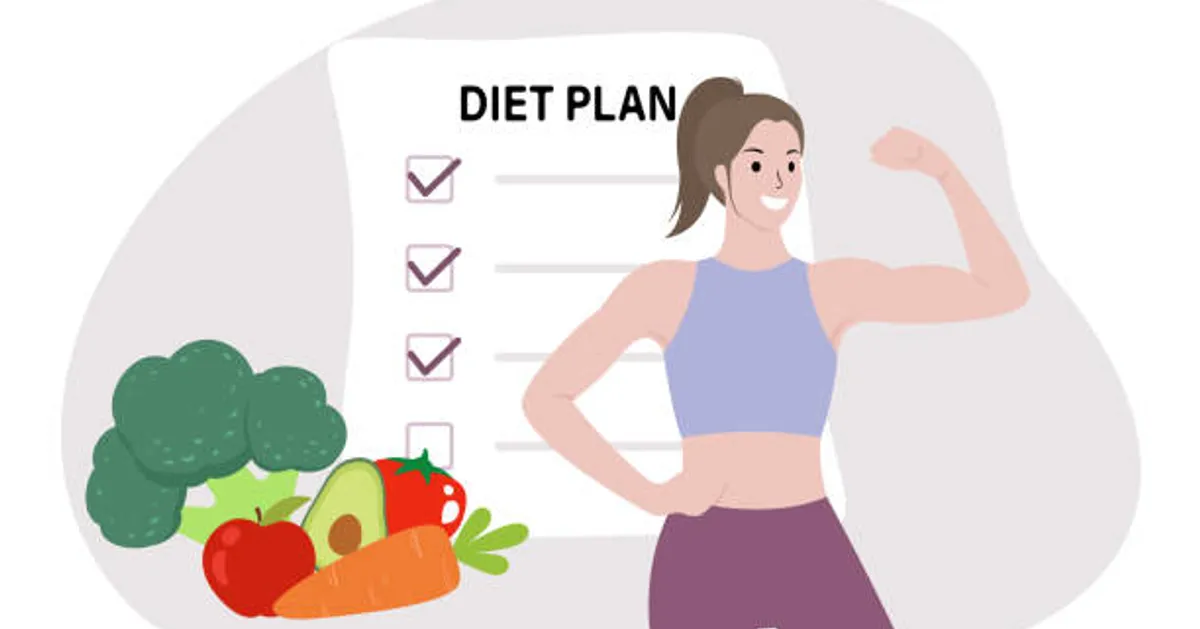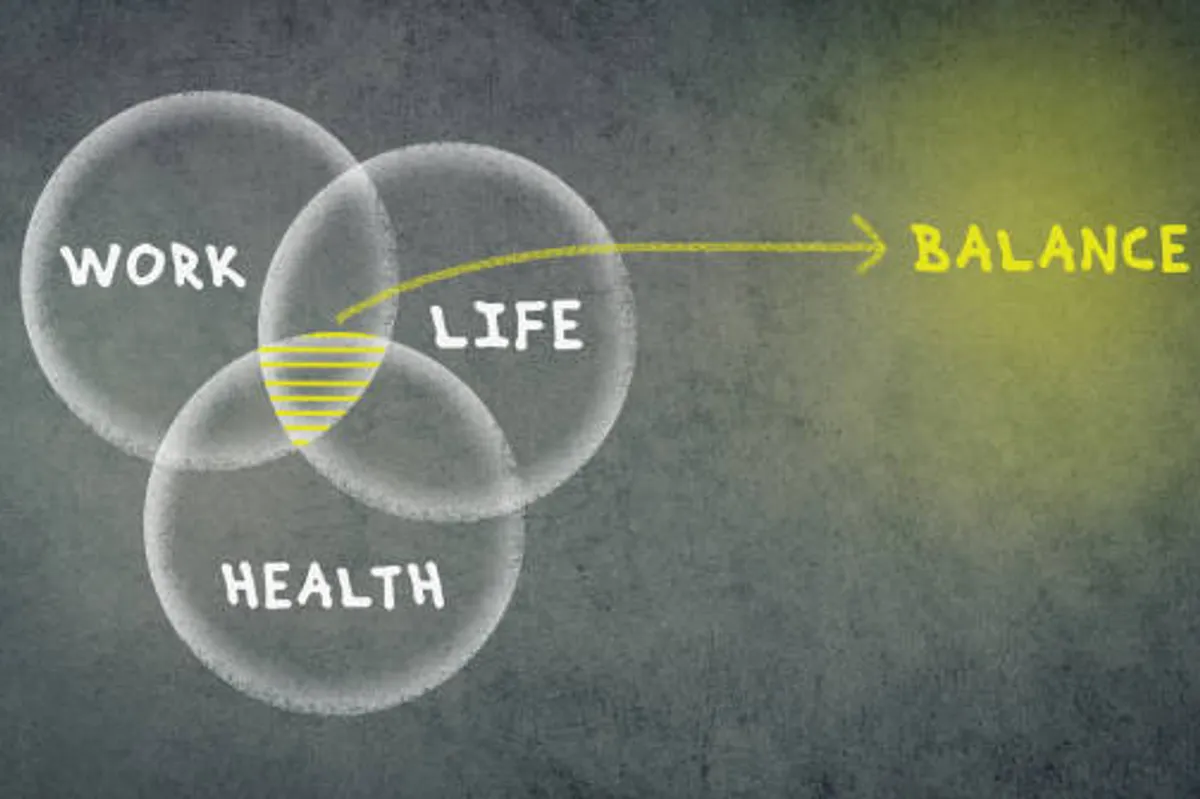Wellness and Nutrition: Eating for a Balanced Life

GeokHub

Nutrition is a cornerstone of wellness, fueling physical health, mental clarity, and emotional balance. A balanced diet, tailored to individual needs, supports energy, disease prevention, and overall well-being. According to a 2023 The Lancet study, balanced nutrition reduces chronic disease risk by 20% and improves mood by 15%. This guide provides science-backed strategies to eat for a balanced life, emphasizing whole foods, mindful eating, and sustainable habits.
Principles of Balanced Nutrition
A balanced diet includes macronutrients (carbohydrates, proteins, fats), micronutrients (vitamins, minerals), and adequate hydration, aligned with personal goals like weight management, energy, or disease prevention. The Dietary Guidelines for Americans (2020–2025) recommend:
- Carbohydrates: 45–65% of calories from whole grains, fruits, and vegetables.
- Proteins: 10–35% from lean sources like poultry, fish, or legumes.
- Fats: 20–35% from healthy sources like nuts, avocados, and olive oil.
- Fiber: 25–30g daily for digestion and heart health.
- Limit: Added sugars (<10% of calories), sodium (<2,300mg), and trans fats.
Benefits of Balanced Nutrition
1. Enhanced Physical Health
Why it works: Nutrient-dense foods support bodily functions and prevent chronic conditions. A 2022 American Journal of Clinical Nutrition study linked balanced diets to a 30% lower risk of heart disease.
- Examples:
- Whole grains (e.g., quinoa, oats) stabilize blood sugar, per a 2021 Nutrients study.
- Omega-3-rich foods (e.g., salmon, walnuts) reduce inflammation, lowering arthritis risk by 20% (Arthritis Research & Therapy, 2020).
- How to start: Replace refined carbs with whole grains (e.g., brown rice) and include 2–3 servings of fatty fish weekly.
2. Improved Mental Clarity and Mood
Why it works: Nutrients like B vitamins, omega-3s, and antioxidants support brain health. A 2023 Journal of Affective Disorders study found that diets high in fruits and vegetables reduce depression symptoms by 25%.
- Examples:
- Leafy greens (e.g., spinach) provide folate, linked to better cognitive function (Neurology, 2021).
- Berries’ antioxidants improve memory, per a 2020 Journal of Alzheimer’s Disease study.
- How to start: Add a daily serving of berries (100g) and greens (150g) to meals or smoothies.
3. Sustained Energy and Performance
Why it works: Balanced macronutrients prevent energy crashes. A 2022 Sports Medicine study showed that balanced carb-protein meals enhance endurance by 15%.
- Examples:
- Complex carbs (e.g., sweet potatoes) provide steady energy release.
- Proteins (e.g., eggs, lentils) support muscle repair, per a 2021 Journal of the International Society of Sports Nutrition.
- How to start: Pair carbs and protein in meals, like oatmeal with Greek yogurt or chicken with quinoa.
4. Weight Management and Metabolic Health
Why it works: A calorie-controlled, nutrient-rich diet promotes fat loss while preserving muscle. A 2023 Obesity Reviews study found that high-protein diets increase satiety, reducing calorie intake by 10%.
- Examples:
- High-fiber foods (e.g., beans, broccoli) promote fullness, reducing overeating (Appetite, 2021).
- Healthy fats (e.g., avocado) improve insulin sensitivity, per a 2020 Diabetes Care study.
- How to start: Aim for 1.2–1.6g protein/kg body weight (e.g., 84–112g for 70kg person) and 25–30g fiber daily.
5. Longevity and Disease Prevention
Why it works: Balanced diets reduce inflammation and oxidative stress, key drivers of aging. A 2022 The Lancet Healthy Longevity study linked Mediterranean-style diets to a 20% lower mortality risk.
- Examples:
- Olive oil and nuts lower LDL cholesterol by 10%, per a 2021 European Heart Journal study.
- Cruciferous vegetables (e.g., kale) reduce cancer risk by 15%, per a 2020 Cancer Epidemiology study.
- How to start: Adopt a Mediterranean diet with 5–7 servings of fruits/vegetables daily and 1–2 tbsp olive oil.
Practical Strategies for Balanced Eating
1. Plan and Prep Meals
- Why: Planning reduces reliance on processed foods. A 2021 Public Health Nutrition study found meal prepping cuts fast food consumption by 50%.
- How: Plan 3–5 meals weekly. Batch-cook grains (e.g., quinoa) and proteins (e.g., chicken). Store in portioned containers.
- Example: Prep a week’s worth of salads with mixed greens, grilled tofu, and chickpeas.
2. Practice Mindful Eating
- Why: Mindful eating reduces overeating by 20%, per a 2022 Appetite study, by fostering awareness of hunger cues.
- How: Eat without distractions (no phone/TV), chew slowly (20–30 times per bite), and pause to assess fullness.
- Example: Take 20 minutes for lunch, savoring flavors and textures.
3. Prioritize Whole Foods
- Why: Whole foods are nutrient-dense and low in additives. A 2023 BMJ study linked whole food diets to a 15% lower obesity risk.
- How: Shop the perimeter of grocery stores for fresh produce, lean meats, and dairy. Limit processed foods (e.g., chips, sodas).
- Example: Swap sugary cereal for oatmeal with fruit and nuts.
4. Stay Hydrated
- Why: Hydration supports metabolism and digestion. A 2021 Nutrients study showed 2–3 liters daily enhances fat oxidation by 10%.
- How: Drink 2.5–3 liters water daily (National Academy of Medicine). Add lemon or cucumber for flavor.
- Example: Carry a reusable 1-liter water bottle and refill twice daily.
5. Monitor Portion Sizes
- Why: Proper portions prevent overeating. A 2020 Journal of Nutrition study found portion control reduces calorie intake by 15%.
- How: Use smaller plates (9-inch vs. 12-inch), measure servings (e.g., 100g grains, 120g protein), and follow the “plate method”: ½ veggies, ¼ protein, ¼ carbs.
- Example: Serve dinner on a smaller plate with 200g veggies, 120g salmon, 100g quinoa.
Sample 7-Day Balanced Meal Plan
Target: ~1,800–2,000 calories/day, 25–30% protein, 45–50% carbs, 20–25% fat, 25–30g fiber. Adjust for your needs.
-
Day 1:
- Breakfast: Greek yogurt (200g, 20g protein), berries (100g), granola (30g). 400 kcal
- Snack: Apple, almond butter (1 tbsp). 180 kcal
- Lunch: Grilled chicken (150g), quinoa (100g), broccoli (200g). 450 kcal
- Snack: Carrot sticks (100g), hummus (50g). 150 kcal
- Dinner: Salmon (120g), sweet potato (150g), spinach (150g). 450 kcal
- Total: ~1,580 kcal, 105g protein, 60g carbs, 45g fat, 12g fiber
-
Day 2:
- Breakfast: Oatmeal (50g), chia seeds (10g), banana, whey protein (20g). 420 kcal
- Snack: Cottage cheese (100g), pineapple (100g). 160 kcal
- Lunch: Turkey (120g), brown rice (100g), zucchini (200g). 430 kcal
- Snack: Almonds (20g), orange. 170 kcal
- Dinner: Beef stir-fry (120g), bell peppers (150g), wild rice (100g). 440 kcal
- Total: ~1,620 kcal, 100g protein, 65g carbs, 48g fat, 11g fiber
-
Day 3:
- Breakfast: Egg scramble (3 eggs), spinach (50g), whole-grain toast. 380 kcal
- Snack: Greek yogurt (150g), blueberries (100g). 180 kcal
- Lunch: Tofu (150g), couscous (100g), asparagus (150g). 400 kcal
- Snack: Cucumber slices (100g), hummus (50g). 150 kcal
- Dinner: Cod (120g), Brussels sprouts (200g), quinoa (100g). 430 kcal
- Total: ~1,540 kcal, 102g protein, 62g carbs, 46g fat, 13g fiber
-
Day 4:
- Breakfast: Smoothie (whey protein 25g, spinach 50g, banana, almond milk 200ml). 380 kcal
- Snack: Edamame (100g), cherry tomatoes (100g). 160 kcal
- Lunch: Chicken wrap (150g chicken, whole-grain tortilla, greens 100g). 450 kcal
- Snack: Celery (100g), peanut butter (1 tbsp). 170 kcal
- Dinner: Shrimp (120g), sweet potato (150g), green beans (150g). 420 kcal
- Total: ~1,580 kcal, 104g protein, 64g carbs, 45g fat, 10g fiber
-
Day 5:
- Breakfast: Cottage cheese (150g), peaches (100g), walnuts (15g). 400 kcal
- Snack: Hard-boiled eggs (2), bell pepper slices (100g). 180 kcal
- Lunch: Pork loin (120g), bulgur (100g), carrots (150g). 430 kcal
- Snack: Greek yogurt (100g), raspberries (100g). 150 kcal
- Dinner: Chicken thigh (120g), cauliflower rice (200g), kale (100g). 400 kcal
- Total: ~1,560 kcal, 100g protein, 60g carbs, 48g fat, 11g fiber
-
Day 6:
- Breakfast: Tofu scramble (150g), avocado (50g), whole-grain toast. 420 kcal
- Snack: Almonds (20g), apple. 180 kcal
- Lunch: Salmon (120g), farro (100g), asparagus (150g). 430 kcal
- Snack: Carrot sticks (100g), hummus (50g). 150 kcal
- Dinner: Turkey meatballs (120g), zucchini noodles (200g), marinara (100g). 400 kcal
- Total: ~1,580 kcal, 106g protein, 62g carbs, 47g fat, 10g fiber
-
Day 7:
- Breakfast: Overnight oats (50g), Greek yogurt (150g), berries (100g). 410 kcal
- Snack: Hard-boiled egg (1), orange. 150 kcal
- Lunch: Chicken salad (150g chicken, greens 150g, olive oil 1 tbsp). 450 kcal
- Snack: Celery (100g), almond butter (1 tbsp). 170 kcal
- Dinner: Tilapia (120g), sweet potato (150g), broccoli (200g). 430 kcal
- Total: ~1,610 kcal, 103g protein, 65g carbs, 46g fat, 12g fiber
Tips for Success
- Meal Prep: Batch-cook grains and proteins on Sunday to save time.
- Mindful Eating: Eat slowly, without distractions, to enhance satisfaction (Appetite, 2022).
- Hydration: Drink 2.5–3 liters water daily; add lemon for flavor.
- Track Intake: Use MyFitnessPal to ensure balanced macronutrients and 25–30g fiber.
- Adapt for Needs: Swap proteins (e.g., tempeh for meat) or carbs (e.g., barley for rice) for dietary preferences.
- Limit Alcohol: Keep to 1 drink (women) or 2 (men) daily to avoid excess calories (CDC).
Final Thoughts
Eating for a balanced life means choosing nutrient-dense foods, practicing mindfulness, and aligning nutrition with your wellness goals. This approach enhances energy, mood, and longevity while fostering sustainable habits.








